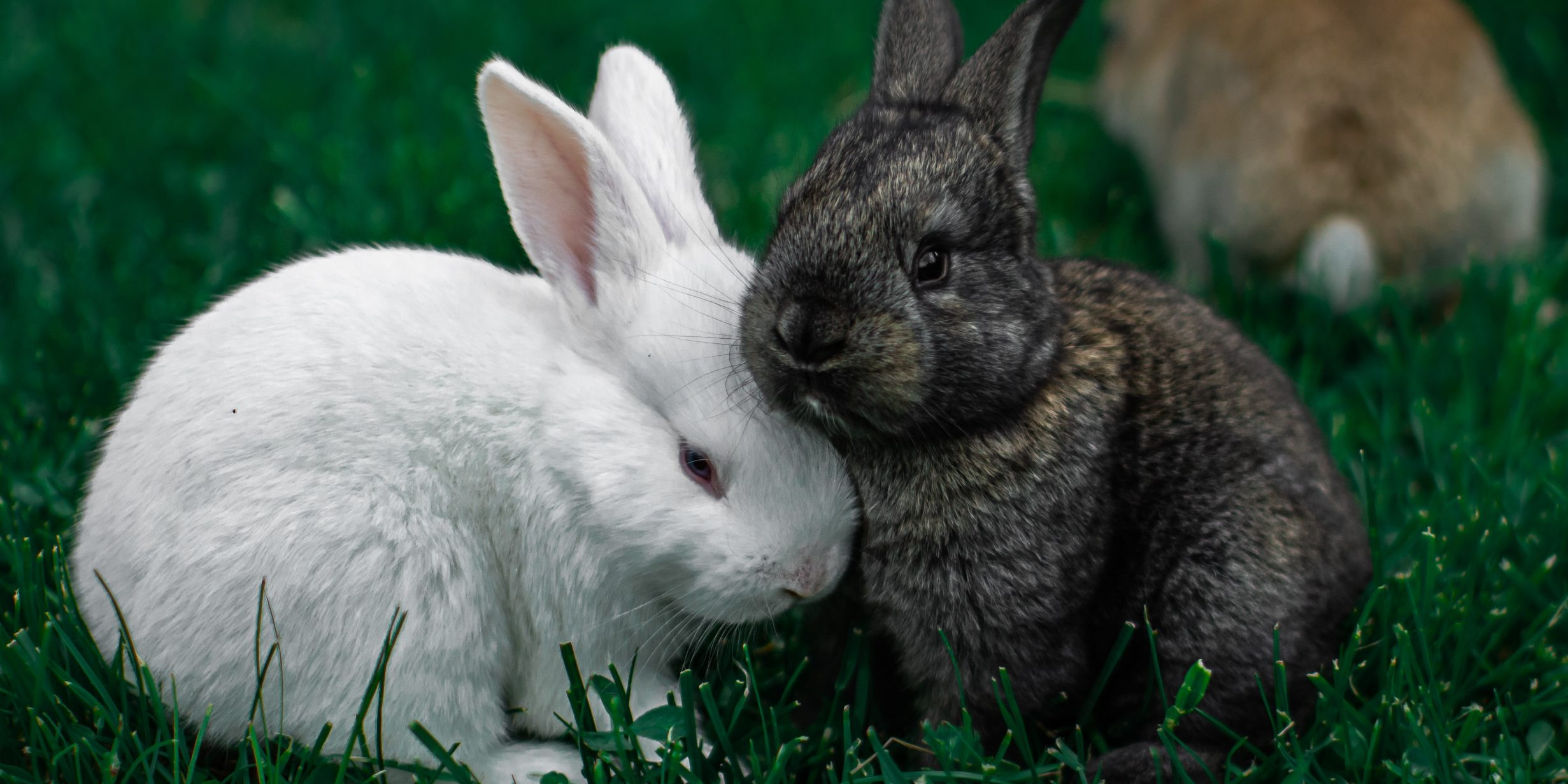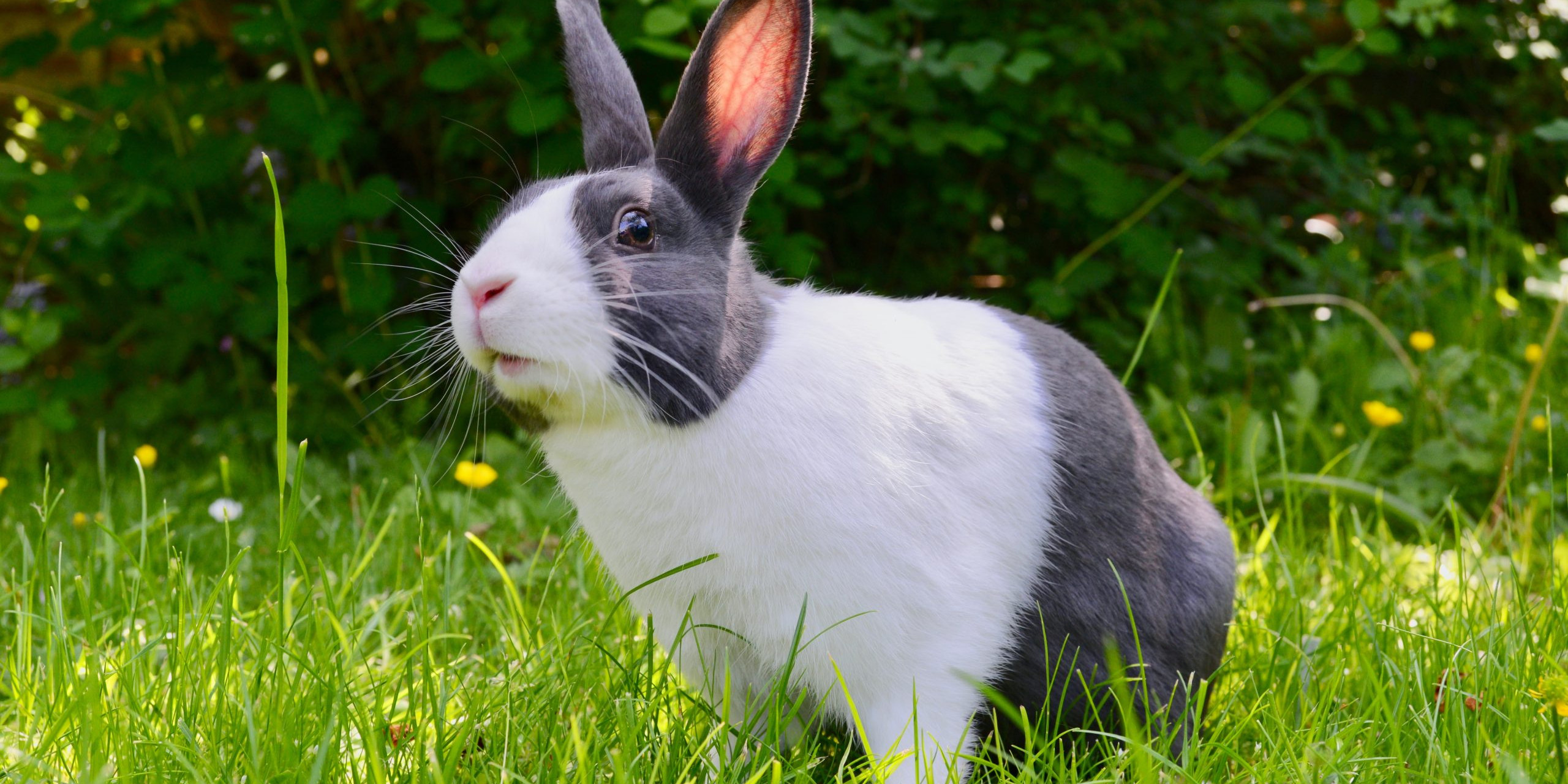Rabbits are more than just adorable pets with fluffy tails and twitchy noses; they’re complex creatures with specific dietary needs that must be met for them to live long, happy lives. As a millennial rabbit parent, you’re not just looking for basic care tips; you want to dive deep into understanding what makes your furry friend tick, especially when it comes to their diet. So, let’s hop right in and explore the world of rabbit nutrition!
Jump to:
Understanding Rabbit Nutrition
The Importance of a Balanced Diet
Rabbits aren’t just cute; they’re also complex creatures with specific dietary needs. A balanced diet is crucial for their overall health, impacting everything from their digestive system to their fur quality.
Register for our latest in-depth reviews and product round-ups from the experts
Enter your email address below to receive our twice monthly reviews emails.
By entering your details, you are agreeing to our terms and conditions and privacy policy. You can unsubscribe at any time.
Overview of Rabbit Dietary Needs
Rabbits are herbivores, and their diet should primarily consist of hay, fresh vegetables, and a limited amount of fruits and pellets. This combination ensures they get the necessary fiber, vitamins, and minerals.
Essential Components of a Healthy Rabbit Diet
Hay: Types and Benefits
Hay is the most critical component of a rabbit’s diet. It provides the necessary fiber for a healthy digestive system and helps wear down their constantly growing teeth. Timothy hay is often recommended due to its lower calorie and calcium content compared to alfalfa hay.
Fresh Vegetables: Best Choices for Rabbits
Vegetables should make up a significant part of a rabbit’s diet. Leafy greens like romaine lettuce, kale, and spinach are great choices. It’s essential to provide a variety of vegetables to ensure a range of nutrients.
The Role of Fruits in a Rabbit’s Diet
Fruits should be given sparingly as treats due to their high sugar content. Apples, blueberries, and melon are good options, but always in moderation.
Understanding Pellets: Types and Nutritional Value
Pellets should be high in fiber but only a small part of a rabbit’s diet. Look for pellets made primarily from hay and avoid those with added seeds, nuts, or colored pieces, which are often unhealthy.
Safe and Unsafe Foods for Rabbits
Foods to Include in Your Rabbit’s Diet
- Hay: Timothy, oat, and grass hays
- Vegetables: Leafy greens, carrots, bell peppers
- Fruits: Apples (without seeds), blueberries, melon (in moderation)
Foods to Avoid: Potential Health Risks
- Sugary fruits: Bananas, grapes (only as occasional treats)
- Unhealthy treats: No chocolate, cookies, or sugary human snacks
- Certain vegetables: Avoid iceberg lettuce and light-colored leaf lettuce
Feeding Guidelines for Different Rabbit Life Stages
Diet for Baby Rabbits
Baby rabbits, or kits, need a diet rich in protein and calcium for growth, which means alfalfa hay and pellets are suitable for them.
Adjusting Diet for Adult Rabbits
As rabbits mature, their diet should shift to lower protein and calcium. This means transitioning to Timothy hay and reducing pellet intake.
Special Considerations for Senior Rabbits
Older rabbits may have specific dietary needs based on their health. They might require more fiber or limited pellets if they struggle with weight.
Table 1: Rabbit Food Types and Benefits
| Food Type | Benefits |
| Hay | Essential for digestion and dental health |
| Vegetables | Provides vitamins and minerals |
| Fruits | Good for treats, but in moderation |
| Pellets | Supplemental nutrition, high in fiber |
Special Dietary Considerations and Health
Managing Weight in Rabbits
Obesity in rabbits can lead to a host of health issues. Monitoring their diet, especially the amount of pellets and treats, is crucial for maintaining a healthy weight.
Addressing Dental Health Through Diet
Rabbits’ teeth never stop growing, so a diet high in hay is essential to keep their teeth worn down and healthy.
Dealing with Digestive Issues
A fiber-rich diet is key to preventing digestive issues. If your rabbit has a sensitive stomach, slowly introduce new foods and monitor their reaction.
Organic and Natural Food Options for Rabbits
Benefits of Organic Foods
Organic foods can reduce your rabbit’s exposure to pesticides and chemicals. While more expensive, they can be a healthier option for your furry friend.
Identifying High-Quality Natural Foods
When shopping for your rabbit, look for fresh, pesticide-free produce. Organic pellets are also a great option to ensure your rabbit is getting the best.
Homemade Rabbit Food Recipes
Simple and Nutritious Recipes
Creating your own rabbit food can be a fun and rewarding experience. Simple recipes include a mix of hay, fresh vegetables, and a small amount of fruits.
Balancing Homemade Food with Commercial Options
While homemade food is great, it’s important to balance it with commercial pellets to ensure your rabbit gets all the necessary nutrients.
Table 2: Homemade Rabbit Food Ingredients
| Ingredient | Benefit |
| Fresh Hay | Essential for digestion and dental health |
| Leafy Greens | High in vitamins and minerals |
| Carrots | Good in moderation for vitamin A |
| Apples | A sweet treat, but only in small amounts |
Jacquline Jackson
Meet Jacqueline, the insightful author and rabbit care expert at Hare Haha. With a deep passion for all things related to rabbit wellness, Jacqueline brings a wealth of knowledge to the Hare Haha community.
Related Posts
Diet for Pregnant Rabbits: Nurturing for a Healthy Litter
Pregnant rabbits, like any expecting mothers, need extra love, care, and yes,…
Rabbit Diet by Age: A Guide to Feeding Your Furry Friend
Rabbits are not just adorable pets; they’re complex creatures with…
Safe Fruits for Rabbits: A Guide to Bunny Diet
Hey there, fellow rabbit enthusiasts! If you’re like me, ensuring your…




